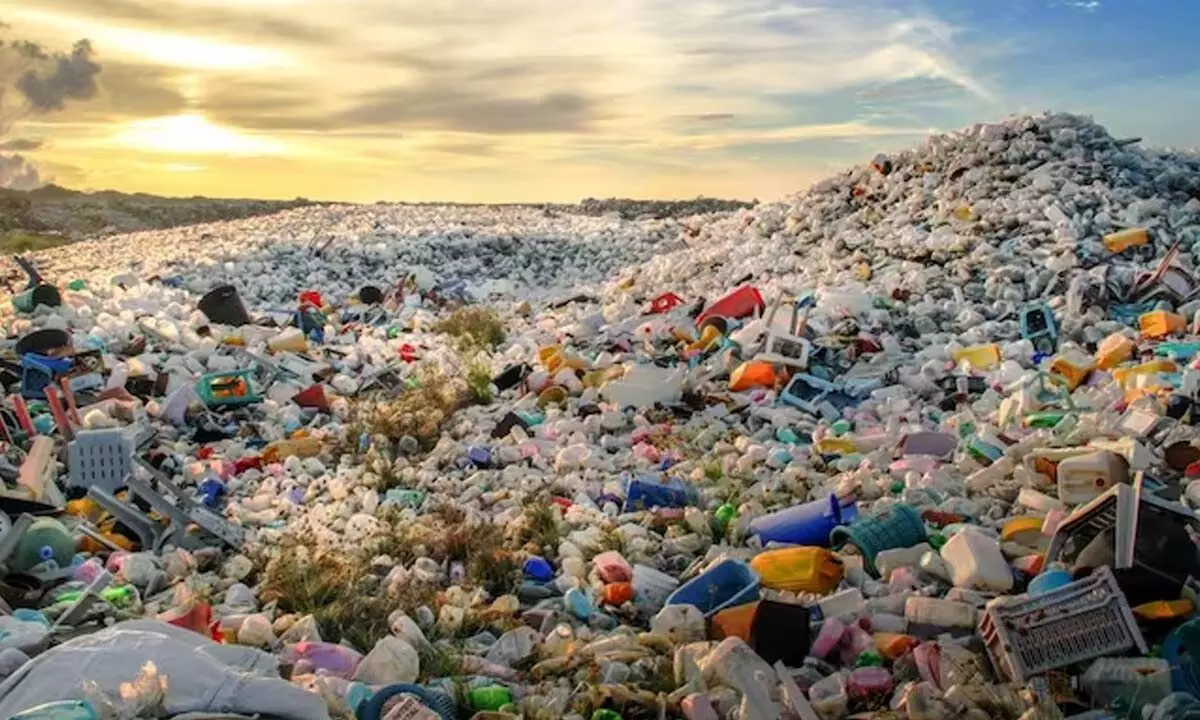Reducing plastic pollution by 5pc yearly may stabilise ocean microplastics

Cutting down plastic pollution by 5 per cent per year may help stabilise the level of microplastics -- plastics less than 5 mm in length -- on the surface of oceans, finds a study
New Delhi: Cutting down plastic pollution by 5 per cent per year may help stabilise the level of microplastics -- plastics less than 5 mm in length -- on the surface of oceans, finds a study.
From human blood to testicles, to flora and fauna, microplastics have long been known as a significant environmental and health concern worldwide.
To predict its impact on oceans, researchers at Imperial College London and GNS Science developed a model of eight different scenarios of plastic pollution reduction starting from 2026 up to 2100.
The results, published in Environmental Research Letters, showed that a reduction in plastic pollution by more than 5 per cent each year will stabilise and also prevent the increase of microplastics in the ocean.
However, the modelling also predicted that even a yearly reduction of 20 per cent will “not significantly reduce existing microplastic levels, meaning they will persist in our oceans beyond 2100”.
Zhenna Azimrayat Andrews, from the Centre for Environmental Policy, Imperial College London noted that “stabilising microplastic levels is the first step towards elimination’’ as they “never be a completely successful removal” from oceans.
“But the current global output of plastic pollution is so great, that even a 1 per cent annual reduction in pollution would make a big difference overall,” added Zhenna.
Meanwhile, the UN Environmental Assembly (UNEA) aims to adopt a legally binding resolution to completely eradicate the production of plastic pollution from 2040, including ocean microplastics. For this “a more coordinated international policy is necessary”, and “changes should happen on an industrial and commercial level”, the researchers argued.











